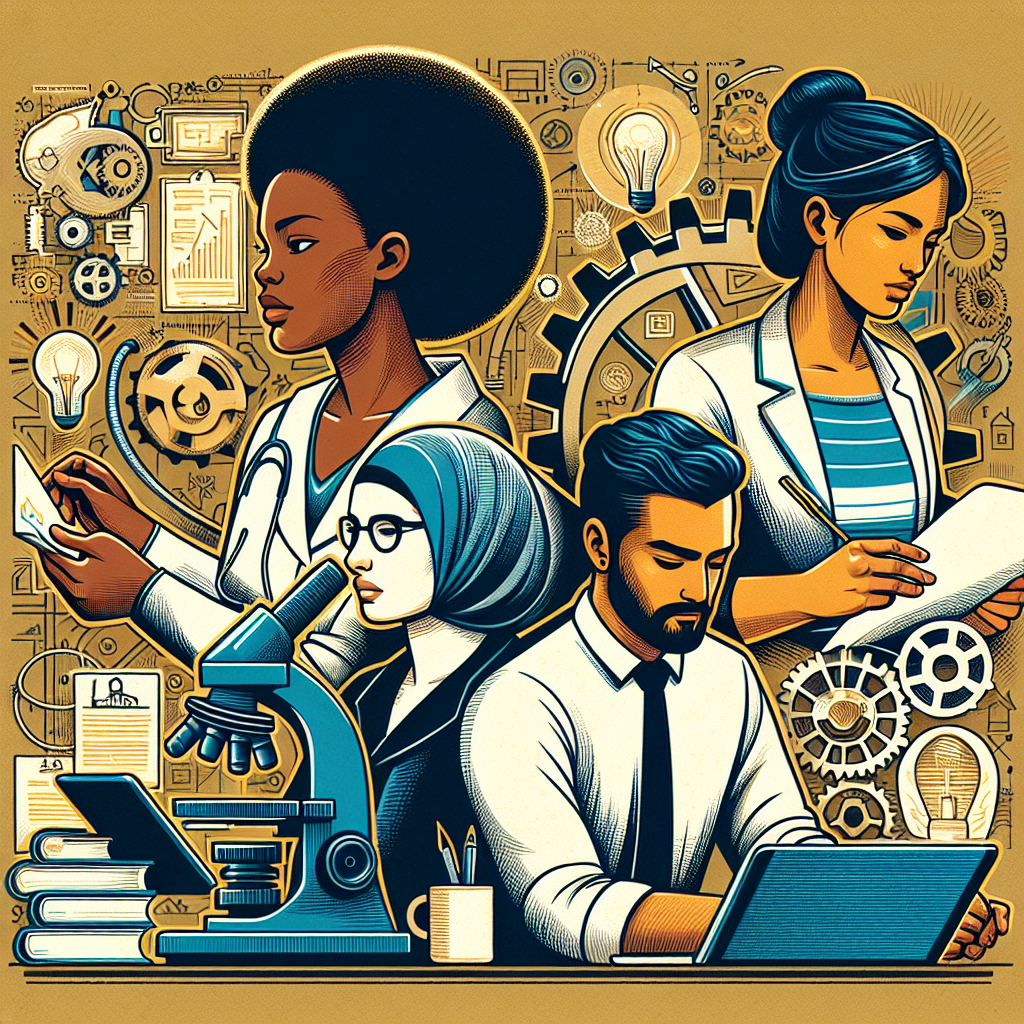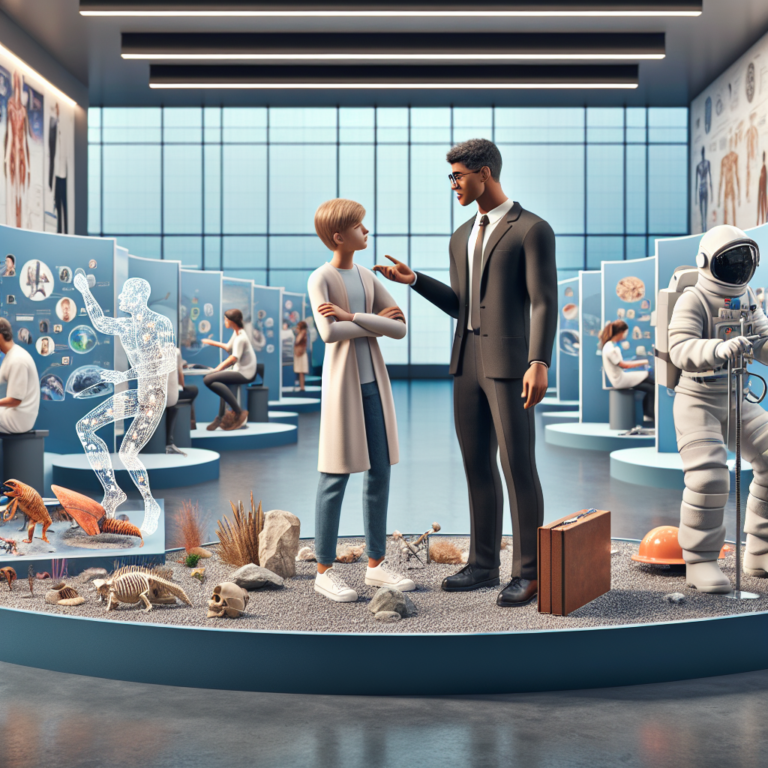Importance of continuous learning in career
The landscape of the modern workplace is in a constant state of evolution. As technologies advance and industries adapt, professionals across the board find themselves facing the undeniable importance of continuous learning in their careers. Skill building is no longer a luxury but a necessity, and it can be the differentiator between remaining stagnant and achieving meaningful career development. In this exploration, we delve into why continuous learning is imperative and how it can be integrated into your professional journey.
Embracing a Culture of Learning
Continuous learning cultivates a culture where growth and improvement are at the forefront of professional development. It’s about keeping your skills sharp and your knowledge current, ensuring that you remain competitive in an ever-changing job market.
Lifelong Learning Keeps You Relevant
In the fast-paced world we live in, industries can change overnight. New technologies emerge, consumer demands shift, and if you’re not learning, you’re falling behind. By embracing continuous learning, you ensure that your skill set evolves along with your industry, keeping you relevant and in demand.
Adaptability Is a Key Professional Skill
The ability to adapt to new challenges and environments is a highly sought-after skill. Continuous learning fosters adaptability, equipping you with the mindset and tools needed to handle change effectively. Those who can learn, unlearn, and relearn as circumstances evolve are more likely to thrive in their careers.
The Benefits of Continuous Learning
Continuous learning offers numerous tangible and intangible benefits that can enhance your professional life significantly.
Career Advancement Opportunities
Professionals who commit to skill building are often first in line for promotions and career advancement opportunities. By demonstrating a willingness to learn and grow, you show your employers that you are invested in not only your success but also the success of the organization.
Increased Job Satisfaction
Learning new skills can reinvigorate your interest in your work and lead to increased job satisfaction. It breaks the monotony of routine and provides a sense of achievement that can boost morale and productivity.
Networking Through Learning
Continuous learning often involves interacting with peers, mentors, and industry experts. This can broaden your professional network and open doors to new opportunities and collaborations.
Strategies for Integrating Continuous Learning
Integrating continuous learning into your career doesn’t have to be an overwhelming task. With the right approach, it can become a natural and rewarding part of your professional life.
Set Clear Learning Goals
Start by setting clear and achievable learning goals. Whether it’s mastering a new software tool, improving your leadership skills, or learning a new language, having specific targets will give your learning journey direction and purpose.
Leverage Online Resources
The internet is a treasure trove of learning resources. From online courses on platforms like Coursera and Udemy to webinars and podcasts, there’s no shortage of opportunities to learn new skills or deepen your knowledge in a particular area.
Attend Workshops and Conferences
Workshops, seminars, and industry conferences can provide valuable learning experiences and insights into the latest trends and best practices. They also offer a chance to network with other professionals who share your interests.
Learn on the Job
Don’t overlook the learning opportunities that your current job provides. Take on new challenges, ask for feedback, and collaborate with colleagues from different departments to gain a broader perspective and new skills.
Overcoming Challenges to Continuous Learning
While the benefits of continuous learning are clear, there are often obstacles that can make it difficult to pursue.
Time Management
One of the biggest challenges to continuous learning is finding the time. Balancing work, personal life, and learning can be tough, but it’s not impossible. Consider setting aside a specific time each week for learning activities or combining learning with other tasks, such as listening to educational podcasts during your commute.
Choosing the Right Resources
With an abundance of learning resources available, it can be challenging to identify which ones will be most beneficial. Research and seek recommendations from colleagues or industry leaders to ensure you’re investing your time wisely.
Maintaining Motivation
Staying motivated can be challenging, especially when progress is slow. Keep yourself motivated by tracking your progress, celebrating small victories, and reminding yourself of the long-term benefits of your learning efforts.
Career Development Essentials: Building Your Learning Plan
To integrate continuous learning into your career effectively, you’ll need a structured learning plan. Here’s how to build one:
Assess Your Skills and Interests
Take stock of your current skills and areas where you would like to improve. Also, consider what interests you and how it aligns with your career goals.
Research Learning Opportunities
Look for courses, workshops, or training programs that address the skills you want to develop. Don’t forget to consider the format that works best for you, whether it’s in-person classes, online courses, or self-directed study.
Plan for the Long Term
Continuous learning is not a one-time event but a lifelong journey. Create a long-term plan that outlines your learning goals for the coming months and years, and revisit it regularly to make adjustments as needed.
Final Thoughts
The importance of continuous learning in your career cannot be overstated. It’s the key to staying competitive, achieving professional growth, and adapting to the ever-changing landscape of the modern workplace. By embracing a culture of learning, setting clear goals, and overcoming challenges, you can make continuous learning a fulfilling and integral part of your career development. Remember, the investment you make in your professional skills today will pay dividends for years to come.










